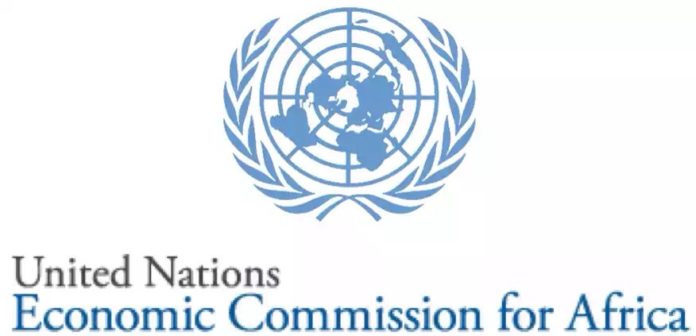APA-Addis Ababa (Ethiopia) The United Nations Economic Commission for Africa (ECA) has called for an inclusive international tax system and an overhaul of the global financial system as part of a global deal to secure the Sustainable Development Goals (SDGs) and enable African countries to focus their resources on sustainable and inclusive development.
Speaking at a relevant meeting on Thursday Acting Executive Secretary of ECA Antonio Pedro said the fiscal deficit in Africa is estimated at 5 percent of GDP in 2022 and expected to remain higher than pre-pandemic levels.
Pedro highlighted that the challenges facing African countries in generating domestic resources for economic, social, and environmental investment remain critical.
Pedro stressed the need to raise additional resources as African countries face multi-faceted challenges, adding that a double-digit growth rate is needed to rescue the SDGs and accelerate the implementation of Agenda 2063. “However, the question remains, where this growth rate comes from,” he questioned.
Noting that the international financial architecture remains grossly inadequate for low-income countries, especially in Africa, to respond to the imperatives of the SDGs and transform Africa’s economies, Pedro said that multilateral financing “is increasingly becoming inadequate and unfavorable and that international private financing is equally challenging and costly owing to poor credit ratings stemming from structural issues and systematic bias.”
Reiterating the UN Secretary-General’s recent call for a global deal that enables developing countries to focus their resources on sustainable and inclusive development and avoid a breakdown of the global order, he called for “a complete overhaul of the global financial system, the creation of an operational debt relief and restructuring framework, strengthened domestic resource mobilization and an inclusive international tax system.”
He also stressed the need for concerted efforts at the national, regional, and global levels.
MG/abj/APA


